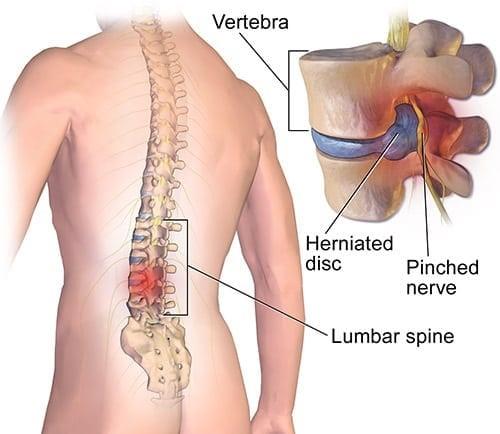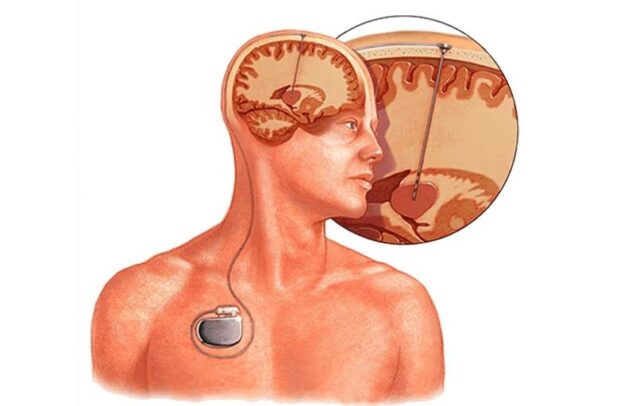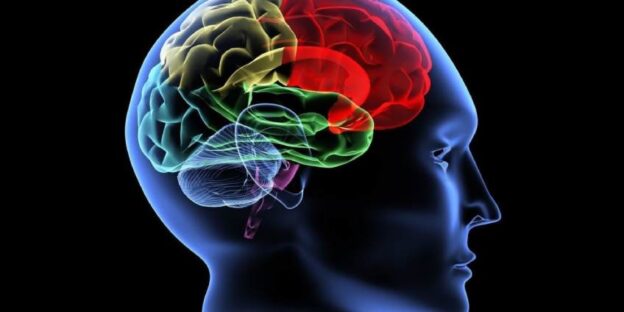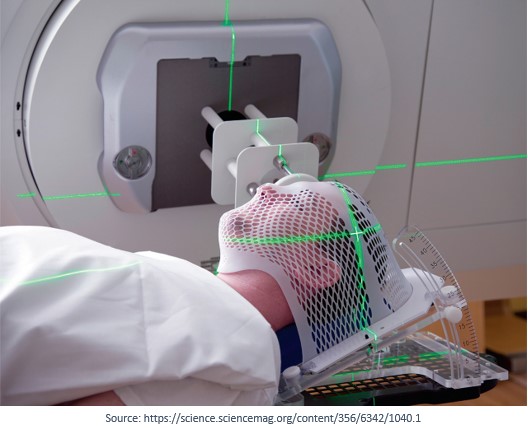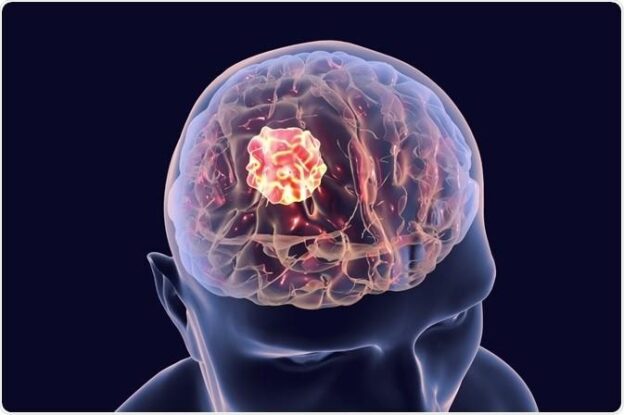When should you have back surgery?
Back pain is a complication that affects many people in and around Guntur. Surgery is often ineffective in providing relief from it, so finding the best treatment can be challenging. Consult your doctor to determine the causes of your back pain and whether surgery will help you or not.
While back surgery can help with some causes of back pain, it is rarely needed. Generally, the back pain goes away on its own after three months.
As per our neurologist in Guntur, lower back pain is widespread. Nonsurgical therapies for back pain usually include anti-inflammatory drugs, sun, and physical therapy other than back pain surgery.
Is it necessary for you to have back surgery?
If conventional therapies have failed and the pain is chronic and severe, back surgery can be an option. Back surgery also relieves associated pain or numbness that effectively passes down one or both arms or legs.
Compressed nerves in the spine are a common cause of experiencing these symptoms. Compression of nerves can occur for a variety of reasons, including:
Problems with disk:
Sometimes, the rubbery paddings that separate your spine’s bones may pressure too tightly against your spinal nerves. As a result, it disturbs proper functioning. Also, read about what is spine surgery treatment.
Bone enlargement:
Bone enlargement may occur as a result of osteoarthritis. The enlarged bone most often affects your hinge joints on the back section of the spine. Eventually, it limits the space required for nerves to move through the gaps in the spine.
An X-ray can reveal your disk issues or bone spurs, too. However, identifying the exact cause of your back pain is not so easy. The X-ray can find bulging or herniated disks that cause no complications and need no care.
So, what are the types of back surgery?
The following are some of the various forms of back surgery:
Diskectomy:
This procedure involves removing the herniated part of a disk to relieve nerve pain and inflammation. Diskectomy involves removing the back portion of a vertebra (lamina) to reach a ruptured disk.
Laminectomy:
Our neurosurgeon in Guntur removes the bone overlying the spinal canal in a laminectomy. It helps alleviate nerve discomfort caused by spinal stenosis by enlarging the spinal canal.
Spinal fusion:
The procedure permanently joins two or more bones in your spine. It can help to cure the pain by stabilizing a spinal fracture. It often stops painful motion between the vertebrae caused by a degenerated or broken disk.
Artificial disks:
A degenerated and injured disk can lead to painful movement between two vertebrae. The best neurosurgeon in Guntur, Dr. Mohana Rao Patibandla, suggests inserting an artificial disk as a treatment option for this. However, most people cannot afford these relatively new tools.
What are the advantages?
The result is often more than just a reduction in discomfort. You might discover-
- You have more mobility.
- You have improved your physical health.
- Your disposition has changed.
- You do not need to take as much painkiller medication as you always did.
- You are free to return to your regular work.
- At work, you are more efficient.
Is there any risk?
There is no risk related to the back surgery if the best neurosurgeon in Guntur performs the treatment.
However, every procedure carries some level of risk, which includes:
- Anesthesia or other medication’s reaction.
- Infection of Bleeding.
- Blood clots in the legs or lungs.
- Angina pectoris.
- A stroke.
- Disk herniation
- Nerve damage may cause fatigue, paralysis, pain, sexual dysfunction, and bowel or bladder control issues.
If you have any other health issues, you have a higher risk of health complications. These complications also differ depending on the type of surgery. However, your neurologist will take proper care of all of these issues.
Why Dr. Rao and Dr. Rao’s Hospital is the Premier Choice for Spinal Neurosurgery, Including Minimally Invasive Procedures
Selecting the right specialist and facility is crucial for successful spinal neurosurgery. Dr. Rao and Dr. Rao’s Hospital are highly regarded for their excellence in this field, particularly for minimally invasive spine surgery. Here’s why they are the top choice:
1. Expertise and Experience
Dr. Rao:
- Highly Skilled Specialist: Dr. Rao is a top neurosurgeon with extensive training and a wealth of experience in spinal neurosurgery.
- Proven Success: He has a strong track record of successful spinal surgeries, including complex spine and spinal cord procedures.
2. Advanced Minimally Invasive Techniques
Minimally Invasive Spine Surgery:
- Faster Recovery: These procedures involve smaller incisions, which lead to quicker recovery times and less postoperative discomfort.
- Fewer Complications: Minimally invasive techniques minimize damage to surrounding tissues, reducing the risk of complications and infections.
- High Precision: Advanced imaging and surgical tools enable precise targeting of the affected area, ensuring effective treatment with minimal impact on healthy tissue.
3. State-of-the-Art Technology
Dr. Rao’s Hospital:
- Latest Equipment: The hospital is outfitted with the most advanced technology for spinal surgery, including cutting-edge imaging systems and surgical instruments.
- Innovative Methods: Dr. Rao uses the latest and most effective surgical techniques, ensuring patients receive top-quality care.
4. Comprehensive and Personalized Care
Patient-Centered Approach:
- Customized Treatment Plans: Dr. Rao creates individualized treatment plans based on each patient’s unique condition, medical history, and overall health.
- Collaborative Care: The hospital’s team of specialists work together to provide comprehensive care, addressing all aspects of the patient’s health.
5. Broad Range of Conditions Treated
Conditions Managed:
Herniated Discs: Effective treatments for relieving pain and restoring function.
Spinal Stenosis: Advanced techniques to alleviate pressure on the spinal cord and nerves.
Degenerative Disc Disease: Comprehensive care for managing degenerative conditions.
Spinal Tumors: Expertise in removing tumors while preserving neurological function.
Spinal Injuries: Skilled management and treatment of spinal injuries resulting from trauma.
6. Outstanding Patient Support and Aftercare
Comprehensive Support System:
- Preoperative Guidance: Patients receive detailed information and support to prepare for surgery.
- Postoperative Care: Regular monitoring and follow-up ensure any issues are promptly addressed and patients recover best.
7. Accessibility and Convenience
Location and Accessibility:
- Convenient Location: Dr. Rao’s Hospital is easily accessible in Guntur, making it convenient for patients from the region and beyond.
- Efficient Service: The hospital is known for its streamlined processes, ensuring minimal wait times and efficient handling of appointments and procedures.
8. Positive Patient Outcomes
Patient Testimonials:
- High Satisfaction: Many patients have reported significant improvements and positive outcomes after treatment with Dr. Rao.
- Trusted Care: Dr. Rao’s dedication to excellence has earned the trust of his patients and the community.
In Summary
Choosing Dr. Rao and Dr. Rao’s Hospital for spinal neurosurgery means opting for exceptional expertise, advanced technology, personalized care, and a proven success record. Dr. Rao offers the highest standard of care for those needing spinal surgery, especially minimally invasive procedures.
Contact Information:
- Phone: 9010056444, 9010057444
- Email: info@drraoshospitals.com
- Address: Old Bank St, GV Thota, beside AK Biryani Point, Guntur, Andhra Pradesh 522001
- Website: Dr. Rao’s Hospital
Take the first step toward better spinal health with Dr. Rao and Dr. Rao’s Hospital. Your well-being is our top priority.

